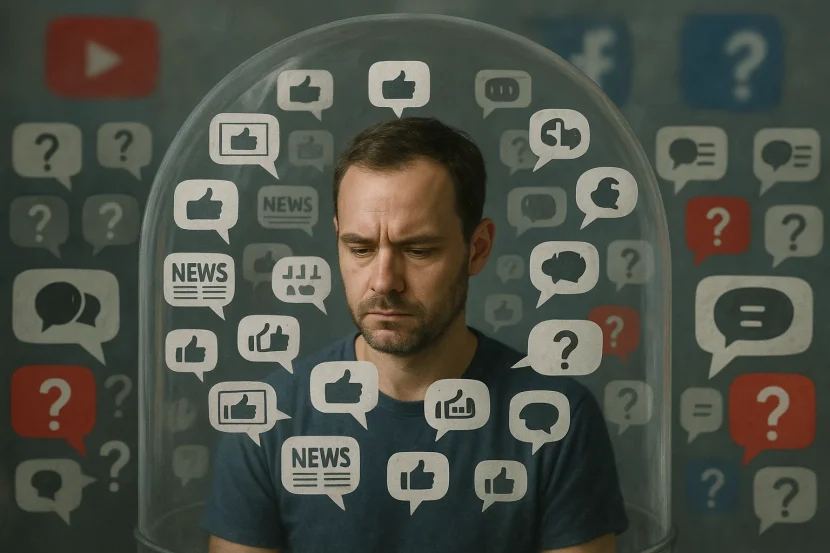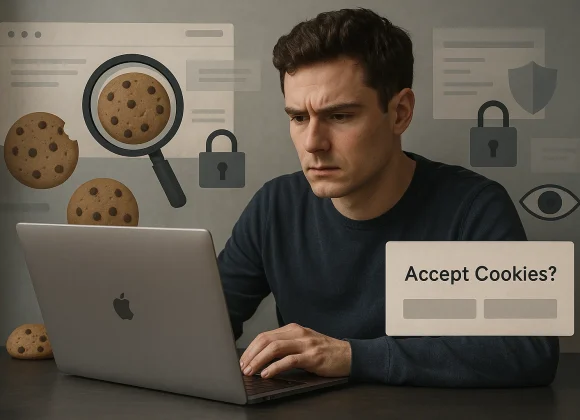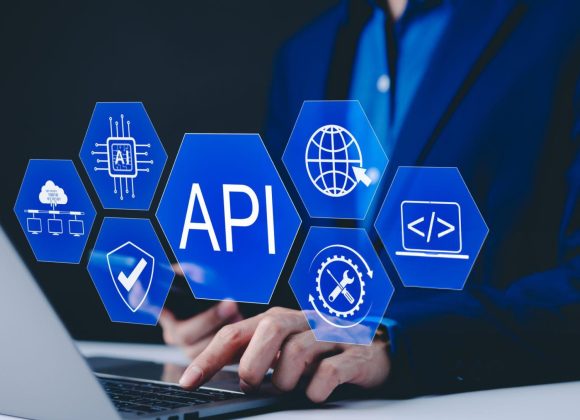Have you ever noticed that your social feed mostly shows opinions that match your own? That news sites, influencers, and even memes seem to reinforce what you already believe? That’s no coincidence—it’s the echo chamber effect in action. In today’s hyper-connected world, it’s easy to get stuck in digital bubbles that reflect our own views back at us, blocking out diverse voices and ideas.
What Is the Echo Chamber Effect?
The echo chamber effect happens when you’re surrounded by content, people, or platforms that constantly reinforce your existing beliefs. Over time, this can make your views feel like the only “truth,” while opposing opinions seem strange, wrong, or even threatening. It’s like shouting into a canyon—and only hearing your own voice come back.
Echo chambers are amplified by:
- Social media algorithms that prioritize posts you agree with
- News preferences that filter out opposing views
- Online communities where everyone shares the same ideology or interest
Where Echo Chambers Exist
Echo chambers exist across many digital spaces. Social media platforms like Facebook, Twitter, and Instagram learn your preferences and show content that matches your beliefs. YouTube and TikTok recommend similar videos based on your watch history, reinforcing the same viewpoints. News apps often tailor stories to your reading habits, which can create one-sided political feeds. Group chats and forums like Reddit, Discord, and Telegram can also become echo chambers.

🎯 Example: If you engage with conspiracy-related content, algorithms may push more of it—even when it’s false.
Why Echo Chambers Matter
Echo chambers matter because they polarize society by creating separate information bubbles, making it harder for people to understand or respect differing viewpoints. They distort reality, leading individuals to assume that most others share the same beliefs. These environments also weaken critical thinking, as constant agreement removes the need to analyze or question information. Worse, they allow misinformation to spread quickly, especially when no one inside the bubble is challenging or fact-checking harmful ideas.
How to Break Out of the Echo Chamber
You don’t need to abandon your beliefs—but you should actively seek balance. Here’s how:
1. Diversify Your Sources
Read news from both mainstream and independent outlets. Use platforms like AllSides to see left, center, and right perspectives on the same topic.
2. Follow People You Disagree With
Add variety to your social media feed by following respectful voices with different views. It doesn’t mean you agree—it means you’re listening.
3. Ask Questions, Not Just Opinions
Instead of broadcasting your views, ask others about theirs. Stay curious, not combative.
4. Fact-Check Before Sharing
Use tools like Snopes, PolitiFact, or Media Bias/Fact Check to verify what you read and share.
5. Limit Algorithmic Traps
Turn off autoplay, clear watch history, or occasionally browse in incognito mode to reset your recommendations.
Final Thoughts
The echo chamber effect is subtle—but powerful. It shapes how we see the world, how we treat others, and how we process information. The internet can open minds or close them—and the difference depends on how we use it. So, break the bubble. Seek out new ideas. Challenge your feed. Your brain—and your society—will thank you.




